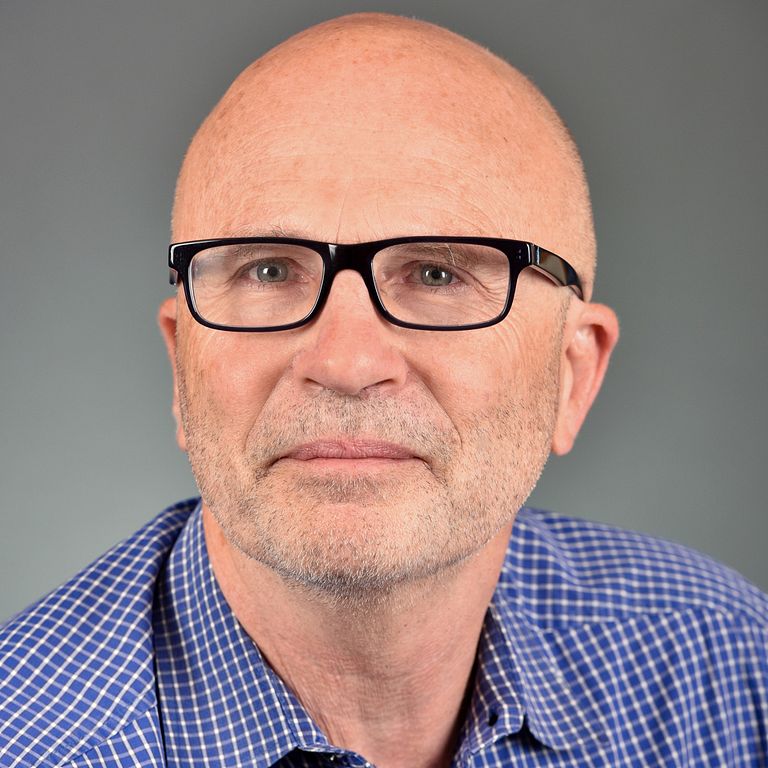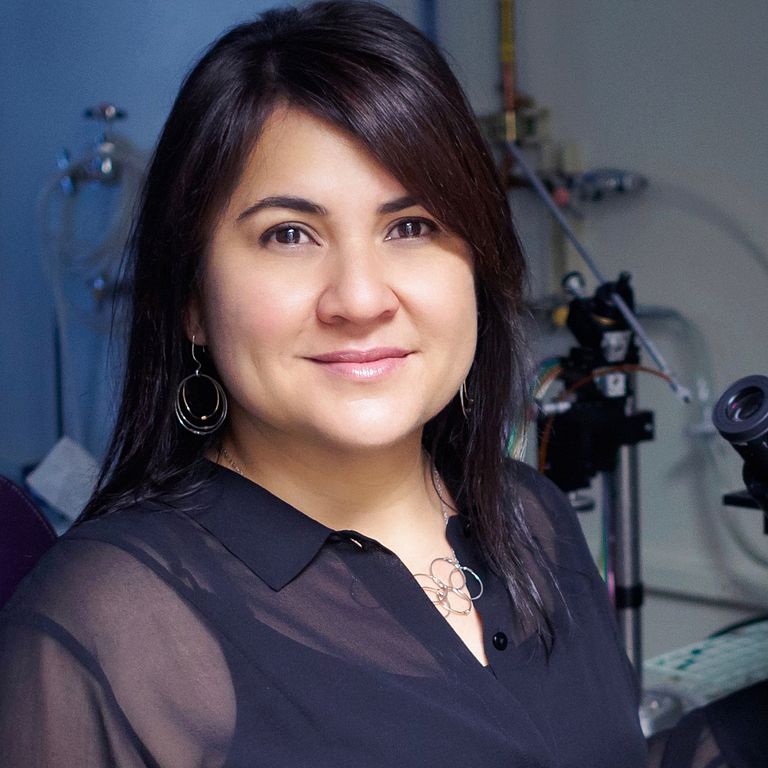
BLOOMINGTON, Ind. – Two experts in the neuroscience of pain and the mechanisms of touch, itch and inflammation will be honored at Indiana University Bloomington during the Linda and Jack Gill Center for Biomolecular Science’s 2017 symposium.
The 2017 Gill Symposium will take place Wednesday, Sept. 27, in the Whittenberger Auditorium at the Indiana Memorial Union. This year’s event will celebrate the accomplishments of two scientists whose research has significantly advanced the understanding of chronic pain, a condition with enormous social and financial costs. The event is free, but registration is required.
Dr. Clifford J. Woolf, a professor of anesthesiology, neurology and neurobiology at Boston Children’s Hospital and Harvard Medical School, will be honored as the 2017 Gill Distinguished Scientist. He will speak from 3:30 to 4:30 p.m.
Woolf’s research has broken new ground in understanding pain and neurodegenerative diseases with numerous landmark papers that point the way to new medical treatments.
“It is impossible to underestimate the impact of Clifford Woolf’s contributions to the pain field,” said Andrea Hohmann, Linda and Jack Gill Chair of Neuroscience and a professor in the IU Bloomington College of Arts and Sciences’ Department of Psychological and Brain Sciences.
“His work is responsible for the most important theoretical conceptualization of mechanisms underlying and sustaining chronic pain,” Hohmann said. “His pioneering work has also been central in guiding the development of novel treatments with profound medical and social impact and relevance.”

In his talk, “Unraveling pain one millisecond at a time,” Woolf will explore the sensory neurons that initiate painful sensations as the body’s “danger detectors.”
Diana Bautista, an associate professor of cell and developmental biology at the University of California, Berkeley, will be honored as the 2017 Gill Transformative Investigator. Bautista will speak from 11:40 a.m. to 12:30 p.m.
Bautista’s research has led to seminal advances in understanding the molecular and cellular mechanisms of touch, itch and pain. A clinically pervasive problem, chronic itch is estimated to affect as many as 8.4 percent of the population.
Bautista’s research discovered that nerve fibers previously regarded as important in pain signaling are actually critical for sensing itch.
“Diana Bautista possesses a rare combination of working as a field biologist and as an outstanding molecular and cellular neuroscientist,” said Dan Tracey, Linda and Jack Gill Chair of Neuroscience and an associate professor in the IU Bloomington College of Arts and Sciences’ Department of Biology.
In her talk, “Neural control of chronic itch and inflammation in atopic disease,” Bautista will discuss her recent research on the communication between epithelial cells, immune cells and neurons that promotes chronic itch and inflammation.
Three other distinguished researchers will deliver lectures on the topics of pain, touch, itch and inflammation:
- Xinzhong Dong, professor in the Department of Neuroscience at the Johns Hopkins University School of Medicine, “The mechanisms of itch and inflammation.”
- Wenqin Luo, assistant professor in the Department of Neuroscience at the University of Pennsylvania, “Somatotropic organization and functions of mammalian non-peptidergic nociceptors.”
- Michael Salter, chief of research at the Hospital for Sick Children and professor of physiology at the University of Toronto, “Sex, pain and microglia.”
A graduate student thesis award and an image award will also be presented. Following the lectures, there will be a poster session and reception from 5 to 7 p.m. in the Indiana Memorial Union Solarium.
The Linda and Jack Gill Center for Biomolecular Science, part of the College of Arts and Sciences at IU Bloomington, was established by a generous gift from Linda and Jack Gill to advance the understanding of complex biological processes and to train the next generation of scientists in biomolecular measurements, especially in the field of neuroscience. Members and collaborators include faculty from IU’s departments of biology, chemistry, molecular and cellular biochemistry, physics, psychological and brain sciences, and neuroscience, all in the College of Arts and Sciences; as well as the IU School of Medicine. For more information, contact Misty Theodore at gillctr@indiana.edu or 812-856-1930.

